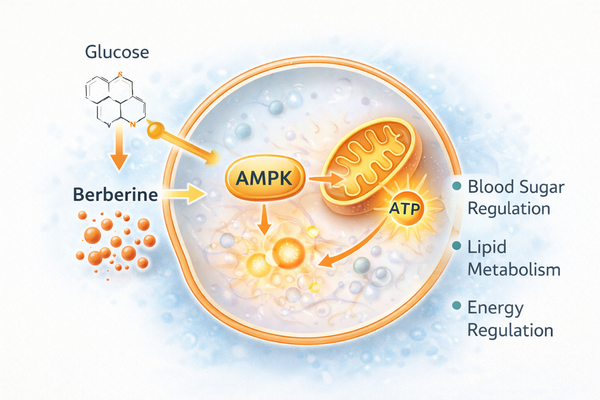Why Walking 30 Minutes a Day Can Transform Your Health

1. The simplest exercise with proven science
Walking is one of the most underrated forms of exercise. According to Harvard Health, walking just 30 minutes a day can burn between 120–180 calories depending on your pace and body weight. It improves blood circulation, strengthens the heart, and helps regulate blood sugar.
Unlike high-intensity workouts, walking puts minimal stress on the joints and can be done almost anywhere — at home, in parks, or even during your lunch break.
2. How walking helps burn fat and improve metabolism
When you walk at a moderate speed (3–4 mph), your body primarily uses stored fat as fuel. Studies in the Journal of Exercise Nutrition & Biochemistry found that consistent walking for 12 weeks significantly reduced body fat and improved insulin sensitivity in overweight adults.
For better fat-burning, walk before breakfast or in the morning when your glycogen stores are low — this triggers your body to use more fat as energy.
3. Boost mood and mental clarity
Walking releases endorphins and serotonin, neurotransmitters that elevate mood and reduce stress. A 2018 Stanford study showed that walking in nature increased creative thinking by up to 60% compared to sitting indoors.
Even short 10-minute walks during work breaks can lower anxiety and sharpen focus, making it a perfect mental reset throughout the day.
4. The best time of day to walk
Morning walks are ideal for metabolism and sunlight exposure, which help reset your circadian rhythm and boost vitamin D levels.
However, if your goal is fat loss or relaxation, evening walks after dinner help digestion and prevent post-meal blood-sugar spikes.
The key is consistency — choose a time you can stick with every day.
5. Tips to maximize your walking routine
- Walk briskly: Aim for 100 steps per minute (you should breathe harder but still talk).
- Add intervals: Try 1 minute fast / 2 minutes slow for 20 minutes total.
- Track progress: Use a smartwatch or free app like Google Fit or Strava.
- Choose natural paths: Grass, dirt trails, or treadmills are easier on joints.
- Stay hydrated: Drink water before and after your walk.
6. Combine walking with nutrition
Pair your daily walk with balanced meals that support metabolism:
- Eat protein-rich breakfasts (eggs, Greek yogurt, or plant-based protein).
- Include healthy fats (avocado, olive oil, nuts).
- Add fiber-rich foods like oats, chia seeds, and leafy greens.
These foods stabilize blood sugar and improve energy throughout the day, allowing your body to use fat efficiently during each walk.
7. Results you can expect in 30 days
If you walk 30 minutes daily for a month:
- You’ll likely lose 1–2 kg (2–4 lbs) depending on diet.
- You’ll notice better sleep, stronger legs, and improved mood.
- Your resting heart rate may drop by 5–10 beats per minute.
Walking may sound simple, but it’s one of the few habits proven to extend life expectancy and prevent chronic diseases — backed by decades of research.
💬 Final Thoughts
Health doesn’t require expensive gym memberships or strict diets.
Just lace up your shoes, step outside, and start walking today.
“Walking is man’s best medicine.” – Hippocrates



